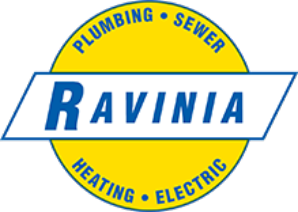
Some surprises are fun – surprise parties, winning raffle tickets. But all too often surprises related to critical appliances bring unwelcome expense and days of discomfort. In these hazy days of summer, no Chicagoan wants the ‘surprise’ of a failed AC unit. So, how can you avoid such a cooling emergency?
Here are some common causes of this not-so-welcome surprise and how you can avoid it.
Power Problems
Whether you rely on window units or central air conditioning, you need electricity to power these appliances. Severe weather such as thunderstorms or extremely hot days can lead to black or brown outs, periods of time where little or no power is available. To keep your AC humming during power outages, consider purchasing and installing a backup home generator.
Aging Systems
How old is your AC system? If your AC unit is 10 years or more, you run the risk of the system failing, particularly if you have not paid attention to routine maintenance. Aging ductwork can leak air, raising the cost of sufficiently cooling your rooms. Older systems often relied on the refrigerant, R-22, an ozone-depleting product now banned from manufacture and import.
Did you remodel and increase the square footage of your home without considering your AC system? Properly-sized for the original space, your current system may not be able to handle the enlarged home. Overtaxed, your AC system may fail, or at a minimum, not cool your rooms sufficiently. If you have made changes to your home, consult a licensed HVAC professional to assess your needs and determine if your current system is at risk.
Insufficient Maintenance
While an AC system on average lasts 12 to 15 years, improper or insufficient maintenance of an HVAC system can shave years off its life. Ductwork, condensers, and compressor units require regular cleaning. You should keep a distance of two to three feet between the outdoor central AC unit and surrounding vegetation. A unit may leak refrigerant and need a recharge. A licensed HVAC professional can perform a regular check-up as well as a thorough cleaning of your ductwork and AC unit.
Don’t let a cooling emergency surprise you this summer. Contact an HVAC professional to install a backup power generator or to perform a thorough assessment of your current AC system.
